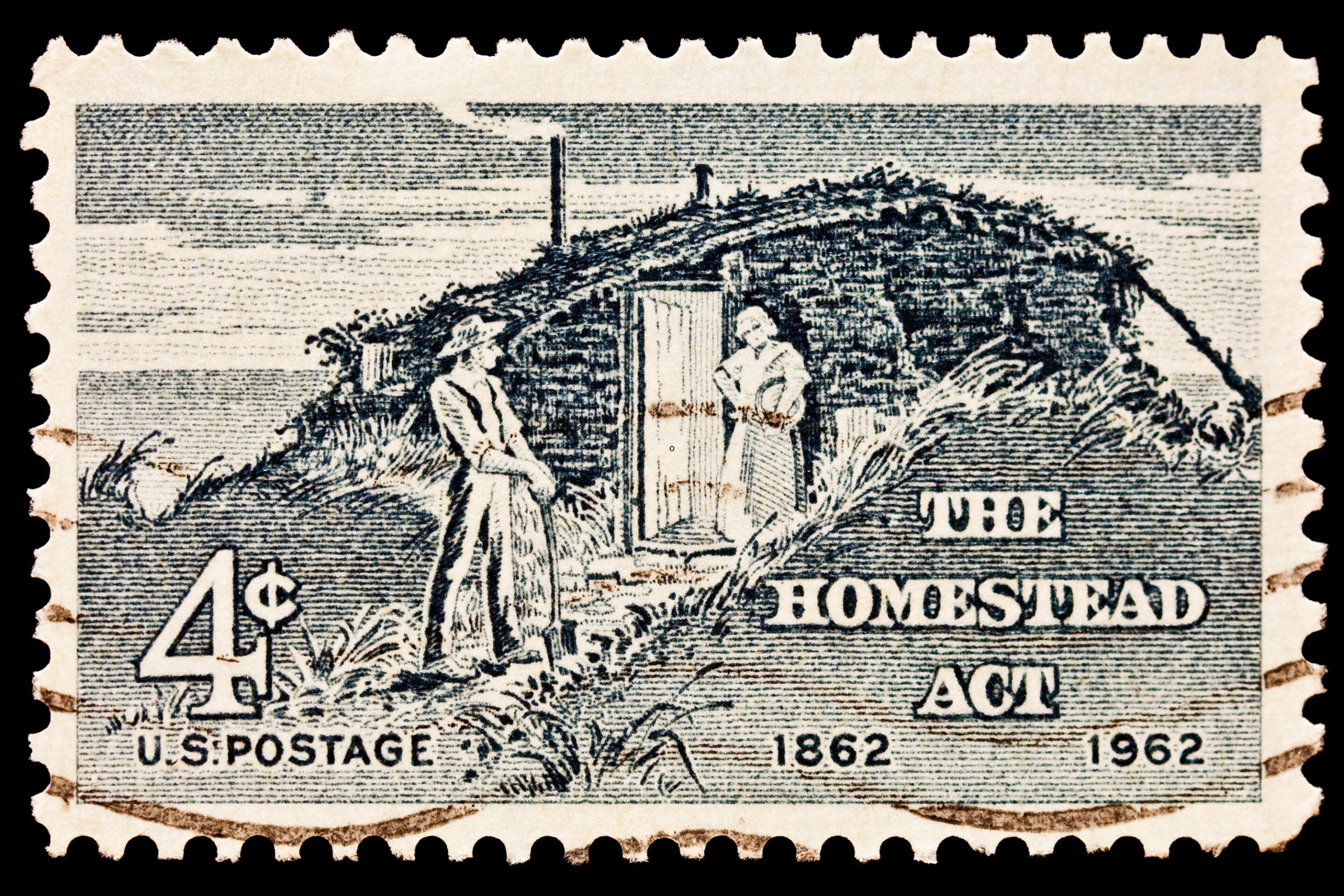
In Florida, owning a home comes with a unique set of considerations. Homestead protections grant a sanctuary against rising property taxes and potential creditors, safeguarding one’s property. However, beneath this protective cloak lies an intricate web of inheritance rules.
While homestead brings relief to homeowners by securing their property from the reach of most creditors, it intertwines with estate planning in ways that can be surprisingly intricate and perplexing.
Introduction to Homestead Protections in Florida
First, let’s explore what homestead is all about. There are three main benefits associated with Homesteading in Florida.
The first and most commonly known benefit is the enticing tax break it offers homeowners. By claiming homestead, you receive a considerable reduction in your real estate taxes, and there’s a safeguard in place to prevent your taxes from skyrocketing each year. This cap on tax increases ensures that your property taxes remain more stable than other non-homestead properties.
The second key advantage of Homestead is its asset protection feature. Essentially, once you designate your property as your homestead, you gain protection against creditors. Specifically, your house is secure from being taken away by most creditors, except under specific circumstances, like failure to pay property taxes or construction liens.
The third important aspect of Homestead is the inheritance rules. Homestead inheritance rules can be complex and significantly impact estate planning. Florida law generally restricts the devising of your homestead property to anyone other than your spouse and minor children.
[Read Transcript]
Hi, this is Barry Haimo. Thanks for tuning in again to Bite-Sized Bits of Knowledge, where we give you a meaningful amount of information in a short amount of time.
Today, we’re jumping into the world of homestead. Homestead in Florida is a very fickle creature. It is the monkey wrench in the toolbox that many practitioners fumble with themselves. So, zooming out, high-level, homestead – what it is. You probably know that there’s a couple of things about it, but I’m going to go through all of them. So just forgive me.
Number one, homestead, there are basically three main benefits of homestead. Number one is, I think, the most commonly known one, that you get a tax break. You get a haircut on your real estate taxes, and the taxes are prevented from going up a certain amount every year. There’s a cap on how much they can go up.
So if you have two properties at the same price, one you live in as your home and one is a commercial property or another property that you don’t live in full time, they’re going to go up very differently. Probably like this, something like that, in terms of the real estate taxes, because your primary residence does have that benefit. Said differently, if you bought two, your house is the same house as your neighbor your neighbor bought 30 years ago, their taxes are going to be very low. Your taxes are, in contrast, going to be very high because they’re tied to your purchase price, which is a presumably very high relative to theirs. Theirs crept up a little bit. Yours will start here and creep up a little bit. So that’s number one.
Number two, there is the asset protection feature, which I think is very commonly known, and that is that you can basically guarantee that nobody will take your house away from you in the way of a creditor, except for, of course, a few exceptions. Well, one exception would be don’t pay your taxes. That’s a big problem. Pay your taxes.
The second exception would be what I call or what we call a construction lien used to be called a mechanics lien. Now it’s called a construction lien. And that is where, for example, you have somebody come in, and you have them enhance your kitchen or repair something in the house that’s like a fixture that stays at the house.
You cannot just tell these people to go take a hike because you have the home set protection. They will be able to get a lien on the home, and they’ll be able to get paid. And that’s a very complicated area of the law. You should definitely find a person who does construction law whenever dealing with construction-related issues. The third thing about homestead you got to know, and it really relates to estate planning tremendously, is the inheritance rules. They are very interesting.
The inheritance rules when it comes to homestead are basically this: very loosely, generally speaking, you cannot devise your house to anybody but your spouse and minor kids whether you like it or not. Your spouse you can kind of override that with the prenup or postnup, but your kids you can’t. The minor kids are going to get the house. Okay? If you deviate from those rules, other default rules kick in and go to the spouse and kids depending on their situation to some degree that I guarantee you you do not expect, and I guarantee you they do not expect.
So you really got to be careful when you’re talking about homestead. It really introduces itself when you have one spouse that owns the house, and the other spouse does not own the house, but they’re still married to you, and if, of course, there’s minor kids, it’s a very confusing thing how it ends up unfolding. So you really got to be mindful of that when you’re doing your planning.
So again, homestead, you got your taxes, your asset protection, and your inheritance issues, which are very commonly misunderstood. So be very mindful when you’re engaging in estate planning. Hope you found this helpful. Thank you for stopping by. Stay tuned for more.
The Limitations of Florida’s Homestead Protections
The homestead statute’s general idea is to protect homeowners from losing their homes to certain creditors. In other words, creditors can generally go after your homestead if you have a lot of debt and cannot pay. The homestead laws keep them from taking your house and forcing a sale.
Compared to many other states, Florida’s homestead laws are quite generous, allowing you to claim protection for a home no matter how much it is worth. However, homestead protection does have limitations.

What Makes a Property a “Homestead” in Florida?
There are only three criteria that you need to meet:
- On January 1 of the year in question, you must have either a legal or beneficial title to the home.
- The property must be your permanent residence.
- Between January 1 and March 1 of the year, if you want the exemption, you need to apply for it in person at the property appraiser’s office of the county where your home is located. Typically, your home will retain homestead status until you inform the property appraiser’s office that it is no longer your homestead.
So, How Are Florida’s Homestead Protections Limited?
Despite having relatively generous homestead laws, as mentioned above, there are a few different limitations to the protections that you have:
There are acreage limits – If you live in an urban area, you can only claim up to a half acre of land. Those in rural areas may protect up to 160 acres. Creditors can sell any area of your property that exceeds these limits.
Some creditors overrule homestead – If you are late on payments related to the home itself (HOA fees, mortgages, property taxes) or on bills for work done to the home (construction liens, vendor’s liens), these creditors have priority over your homestead protection and could potentially force a sale.
Additionally, if a creditor has a lien on your property before you claim a homestead, that lien still applies.

At Haimo Law, we specialize in homestead laws and their impact on estate planning. We invite you to discuss your unique situation, allowing us to shed light on how homestead can significantly influence your estate planning decisions.